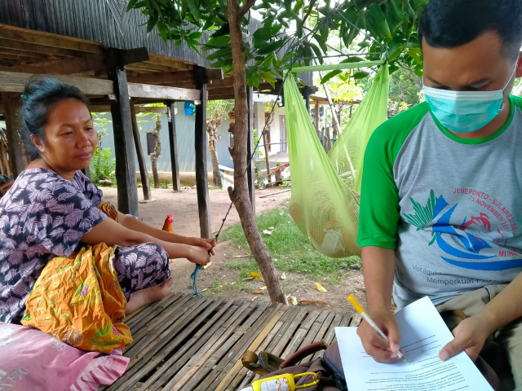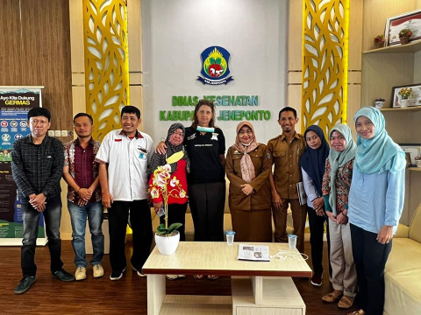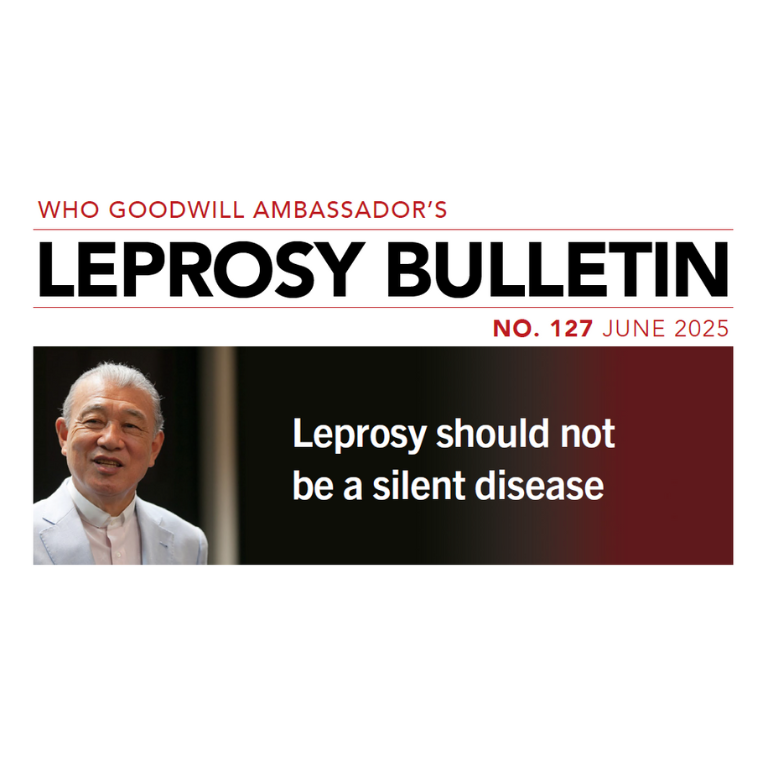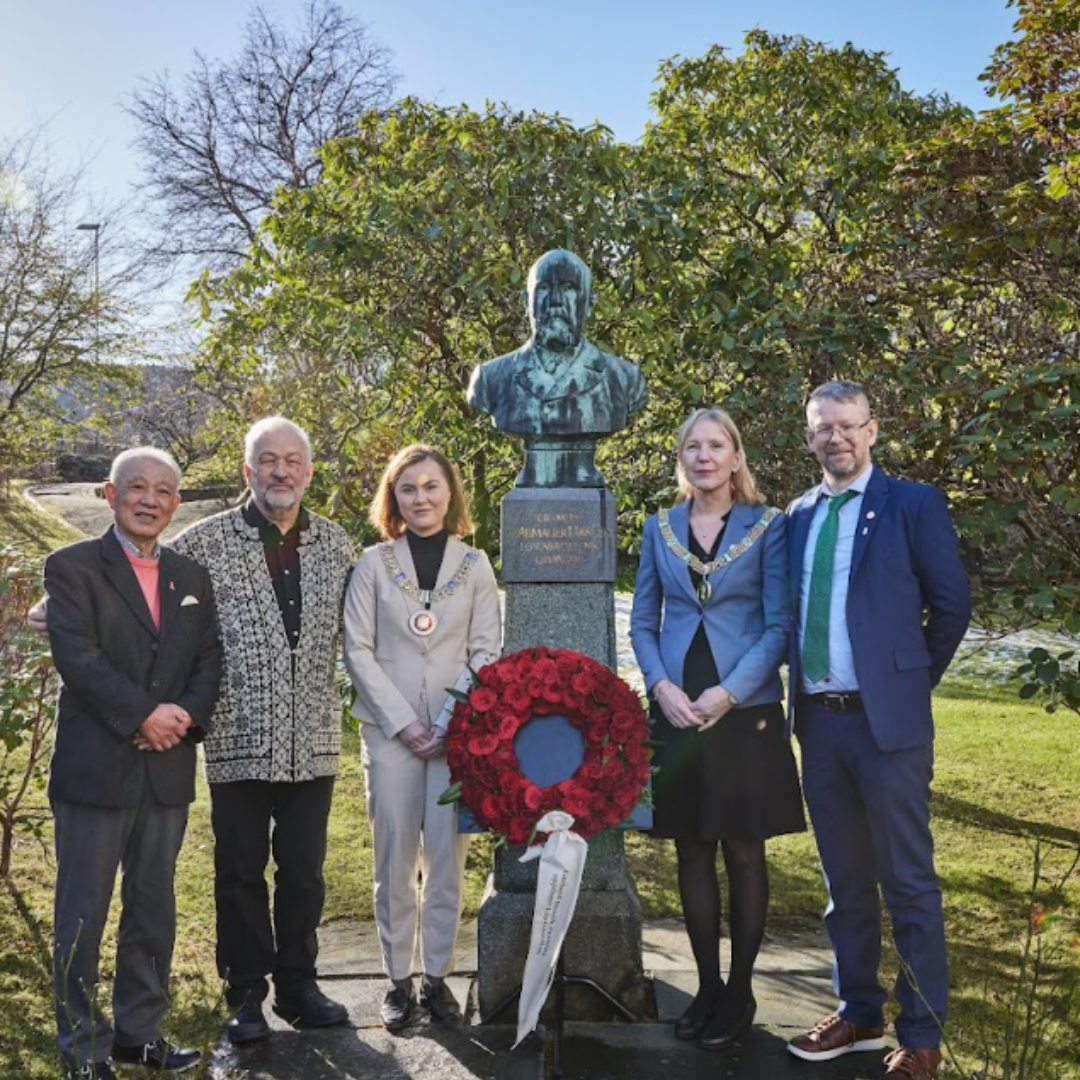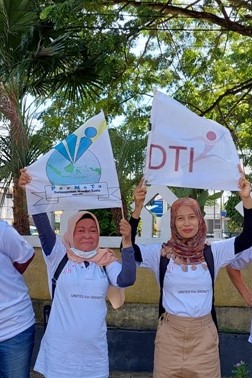
PerMaTa South Sulawesi is the largest provincial branch of PerMaTa Indonesia, which is a nationwide people’s organization established in 2007 to eliminate stigma and discrimination associated with leprosy.
https://www.permatasulsel.com
Yayasan Dedikasi Tjipta Indonesia (YDTI) is an Indonesian non-profit organization that works in close partnership with PerMaTa South Sulawesi to build the capacity of persons affected by leprosy.
https://ydti.org
As a stigmatized disease, leprosy affects all aspects of a person’s life, and experiences with social marginalization and discrimination can continue long after the disease has been cured. When persons affected by leprosy have attempted to draw attention to their experiences, they have often been turned away because they lack the knowledge and power to prove that their human rights have been violated.
With the support of the Sasakawa Health Foundation, PerMaTa South Sulawesi–YDTI conducted a pilot project with the overall aim of enabling persons affected by leprosy and their organizations to take action against violations of their rights. A field team of six persons affected by leprosy were selected from among PerMaTa’s members. Following a series of workshops and usage of a questionnaire to identify instances of possible human rights violations, the team developed five “cases” for further investigation.
Each case was framed in terms of the suspected human rights violation, such as “student expelled from school because of leprosy” or “neighborhood prohibits the use of the community well because of leprosy.” The team gathered information in the village for 10 days, spending 2-3 days on each case, and then met in a workshop to analyze findings, form conclusions, and discuss next steps.
Proving clear violations of specific laws was difficult. For example, in the case of “student expelled from school because of leprosy,” the team found out that the boy was still registered as a student, and so his expulsion was not official. In the words of the report: “It turned out that most of our cases were not very clear violations of specific laws but consisted of many vague aspects in which many sides were involved. In our five cases, it was always the ignorance and prejudices of those involved that led to the incident. Awareness raising and support to solve the problems locally were needed, not to bring the case to court.”
Overall, the project demonstrated that, given the right training, persons affected by leprosy are well-suited to investigating cases of potential human rights violations. Based on the experiences and insights gained, a set of guidelines has been produced in English and Indonesian in hopes this will encourage other organizations to investigate cases they encounter.
